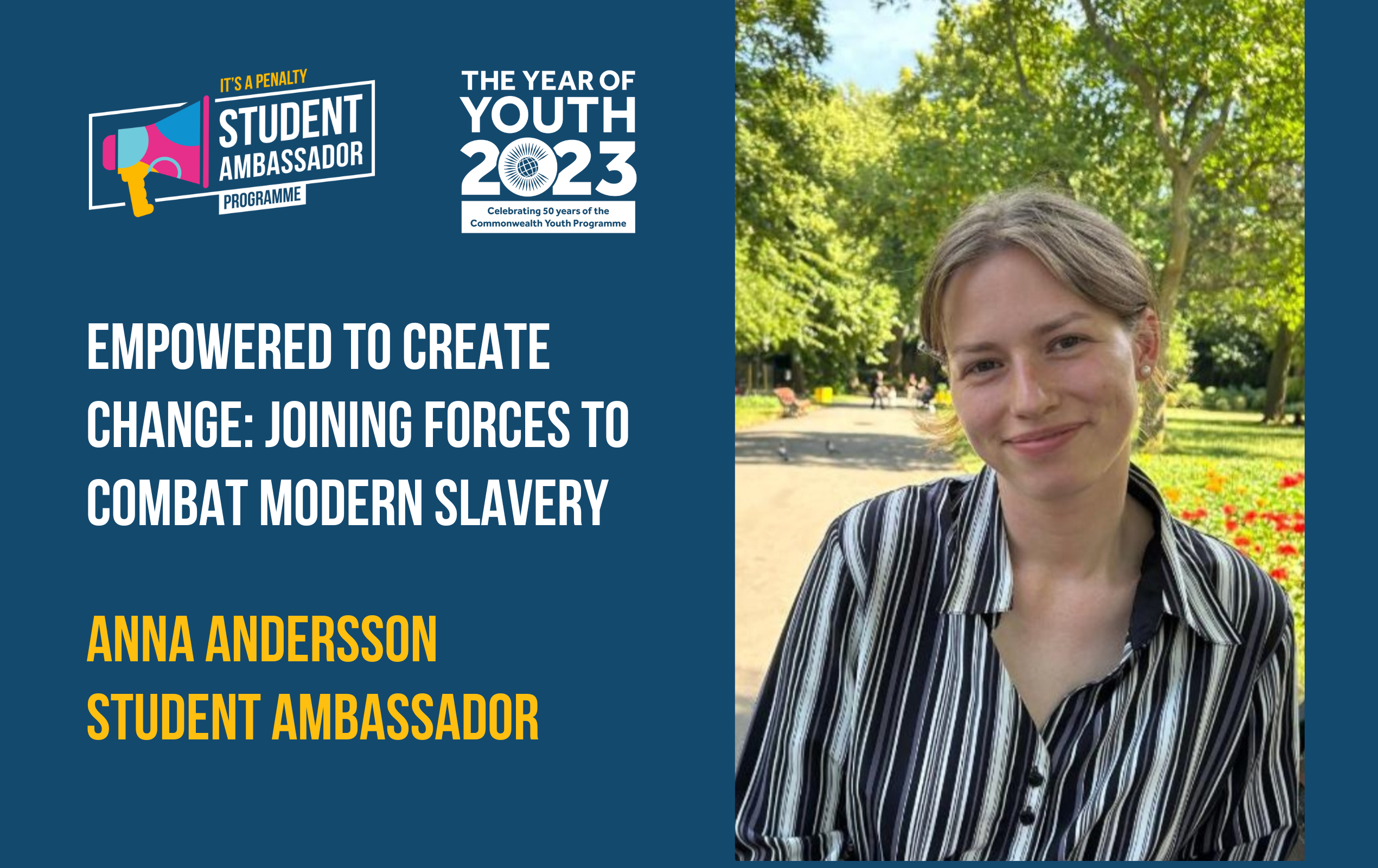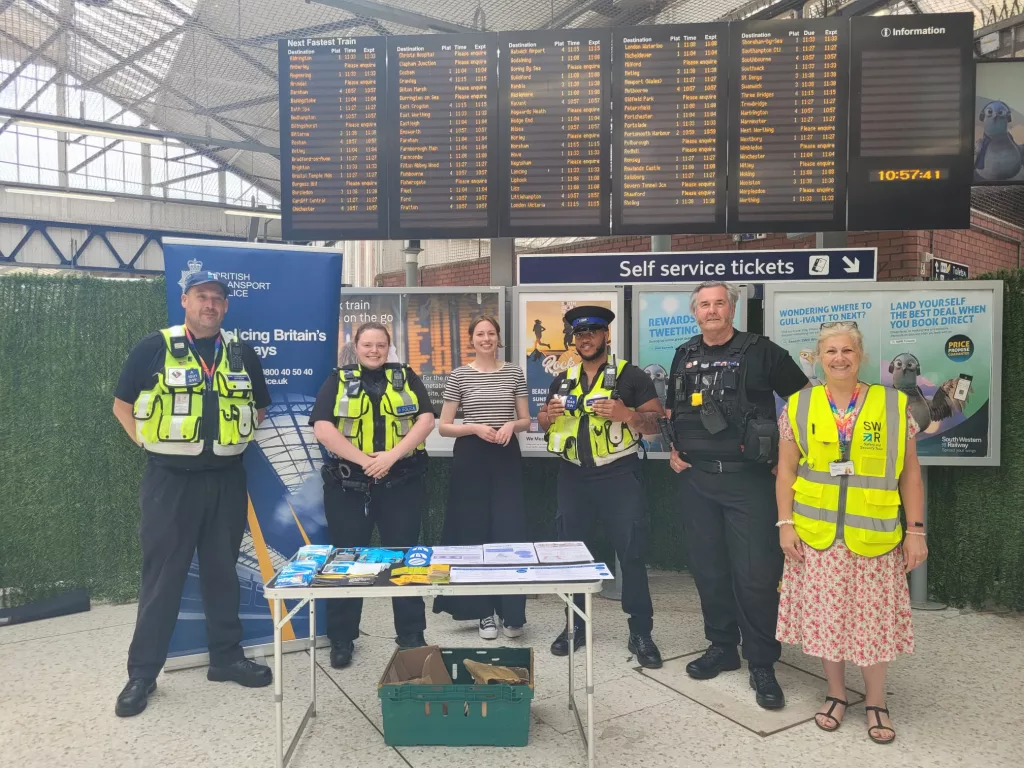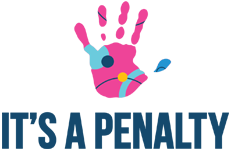Empowered to Create Change: Joining Forces to Combat Modern Slavery

Human trafficking has become known as the world’s fastest-growing illegal business, estimated to be affecting 50 million individuals worldwide. It is often hidden in plain sight, yet it casts its sinister shadow across the whole globe, letting every region of our Earth feel its impact. Unsurprisingly, to combat this international issue, we all have a role to play. We are all able to help detect and identify the victims, and support the organisations that provide a helping hand, the much needed support, to those affected by modern slavery.
Becoming an Ambassador
This is the point in the article where people would usually say: ‘From an early age, I have been drawn to this cause…’. However, my journey was not the same. I had heard about ‘modern slavery’ for the first time when I was 20, beginning my journey as an undergraduate student in Criminology and Psychology. I remember thinking, how is it that I have lived for so long having no idea about an issue that affects millions worldwide, an issue that is characterised by making individuals suffer severe violations of their human rights, leaving a long-lasting impact on their physical and psychological well-being?! How do I not know anything about its nature? And so the learning began, dedicating my time and efforts to search for both academic resources but also online training on this subject matter. That drove my passion towards also looking for opportunities to make proactive changes, and that was when I discovered that It’s a Penalty, in collaboration with University of Portsmouth, offers a human trafficking student ambassador volunteering role. It’s a Penalty also created its own Modern Slavery Awareness Course covering the different types of modern slavery and their warning signs, comprehensively looking at both the individual but also the collective impact of this offence and what to do if one suspects someone could have been victimised. All information that is often unfortunately, missing from our public knowledge and as such, my personal campaign was created, aiming to share this knowledge with my community.
A Partnership with Purpose
In June, the South Western Railways represented by Ally Griffiths and Tom Robins, the charity It’s a Penalty represented by Liz Lowther and the University of Portsmouth represented by Anna Andersson (myself!) began discussions about what we could do together to raise the public awareness about the issue of modern slavery. Our main focus became ensuring that everyone we reach is better equipped at recognising the modern slavery warning signs, knows what county lines and the Signal for Help are and how to report any incidents or suspicions. As a part of the initiative, we have created educational materials in the form of leaflets that did exactly that, presenting them at the ‘Safety and Security Week’ event that took place on the 29th of June at the Portsmouth & Southsea train station. Together we have had a chance to speak to the members of the public about modern slavery, informing them also about some general support services available to the victims, and some specialising in supporting children and women. Whilst a small step considering the scale of human trafficking, we have peaked an interest in some of our community members, leaving them with new information but also hopefully, with a passion to share this information with others in their close circle!

Anna with South Western Railway staff and British Transport Police at the Safety and Security Week, June 2023
The End of the Line?
The event being finished does not mean that our journey is as well! The work continues, and we are looking forward to seeing what we could do next, continuing this partnership. What struck the chord with us the most, is the Signal for Help that Liz informed us about as she was working on raising awareness about this simple signal that can change somebody’s whole life. Learning more about it, we have also wanted to get involved in educating those around us about it! Born amidst the adversity of the COVID-19 pandemic, the Signal for Help was initially introduced by the Canadian Women’s Foundation as a discreet way for victims of domestic abuse to silently communicate their distress and appeal for help. Over time, this signal transcended its origins and evolved into a universal symbol of distress and a plea for help and as such, unsurprisingly it is becoming recognised as an indispensable tool in our battle against modern slavery. It is therefore, not only a gesture, but rather a lifeline that involves holding one hand up with the palm facing outwards and tucking the thumb under the fingers. If you see this signal, please contact the emergency services at 999 immediately and report the incident! Until then, spread the message far and wide. Together we can extinguish the darkness that shrouds the shadowy world of modern slavery, bringing it to the light, an illuminated path towards freedom and justice for all.
Written by Anna Andersson
It’s a Penalty Student Ambassador
